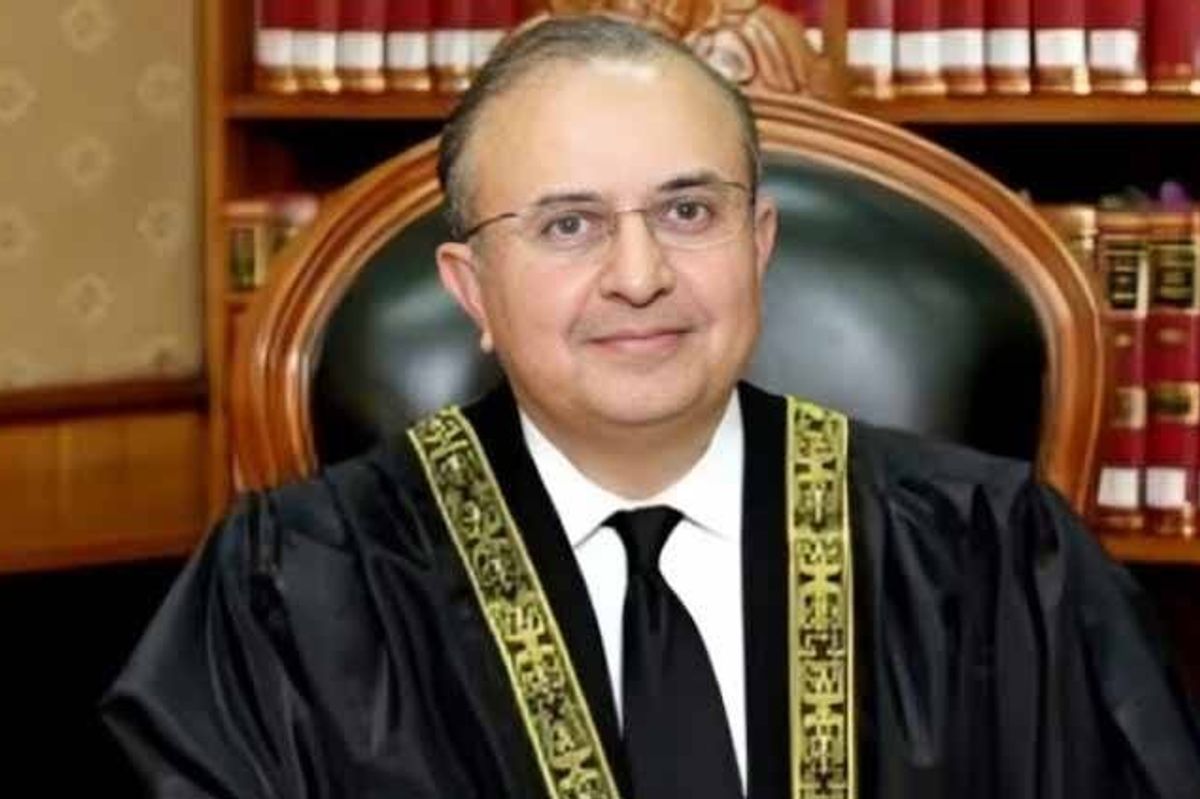Pakistan Supreme Court judge accuses chief justice of threatening judicial independence
Senior judge warns court risks becoming 'regimented force' rather than independent constitutional guardian
Ali Hamza
Correspondent
Ali; a journalist with 3 years of experience, working in Newspaper. Worked in Field, covered Big Legal Constitutional and Political Events in Pakistan since 2022. Graduate of DePaul University, Chicago.

Supreme Court Justice Mansoor Ali Shah
Supreme Court
Policy changes made through questionnaires rather than in-person meetings
Constitutional challenges to 26th Amendment pending for nearly one year
Dispute centers on judicial independence versus administrative compliance
A senior judge on Pakistan’s Supreme Court has accused the chief justice of imposing restrictive administrative rules that allegedly threaten judicial independence, escalating a rare public dispute inside the country’s top court.
In a letter dated September 4, 2025, Justice Syed Mansoor Ali Shah rebuked Chief Justice Yahya Khan Afridi for what he called silence on institutional concerns and a failure to engage colleagues. Shah wrote that recent orders “treat judges like monitored employees,” warning the court risks losing credibility as a constitutional guardian if internal governance does not change.
Shah’s most pointed criticism targets a General Standing Order issued in July that tightens rules on judges’ leave. According to the letter, foreign leave has been limited to narrow categories such as medical emergencies or religious pilgrimage, with no allowance for academic travel. Shah said long-standing invitations to speak at Yale, Harvard and the New York City Bar Association were declined under the new policy, depriving the court of chances to explain its work abroad and build professional links.
Letter faults how policies adopted
Shah said the registrar circulated written questionnaires to individual judges instead of convening a Full Court meeting, calling the process a “secretive tick-box exercise” that sidelines open debate and weakens collegial decision-making. He also criticized how dissenting opinions within the institution were treated, saying major procedural changes moved ahead without full discussion.
Briefly touching on the root of a broader institutional dispute, Shah said the Supreme Court’s legitimacy is at risk because petitions challenging the 26th Amendment remain unheard nearly a year after filing.
The amendment, which has drawn challenges alleging it affects judicial independence, sits at the center of ongoing cases that he argued should be decided by the original Full Court without the participation of judges appointed after the amendment to avoid any appearance of bias.
Shah posed six questions to Afridi
The senior puisne judge also asked why key committees have not met, why substantial rule changes advanced without a Full Court, why leave controls diverge from common global practice, and why the amendment cases remain pending.
He framed the central issue as whether the chief justice is fostering independence among judges or enforcing compliance that could “turn this court into a regimented force rather than a constitutional court of free and equal judges.”
Shah urged Afridi to use a judicial conference scheduled for Sept. 8 as a moment for institutional renewal and public clarity. “The nation and the judges of this court look to their Chief Justice not for silence but for clarity,” he wrote.










Comments
See what people are discussing